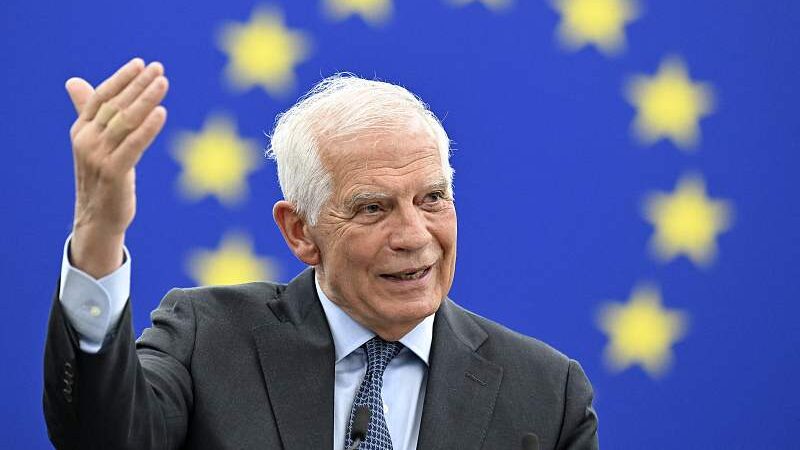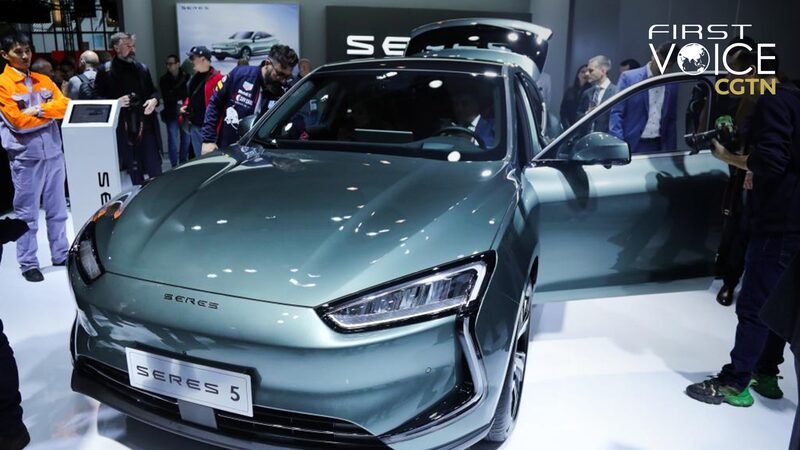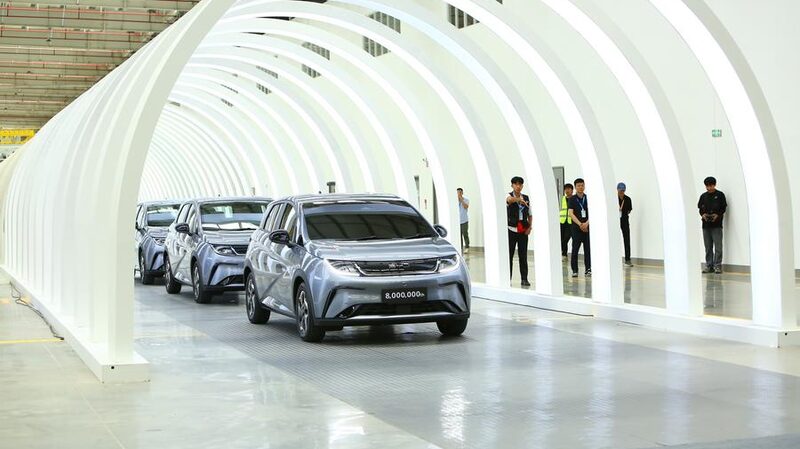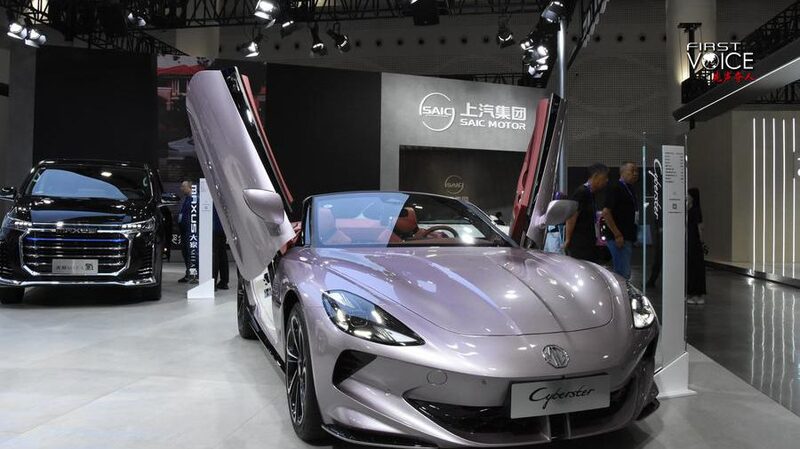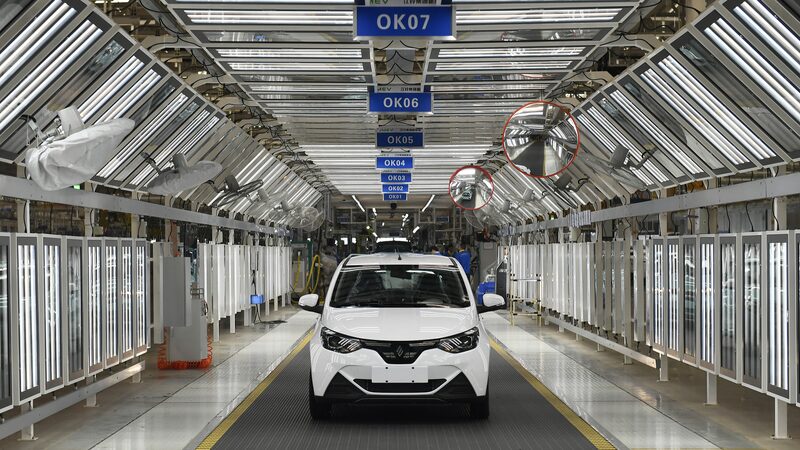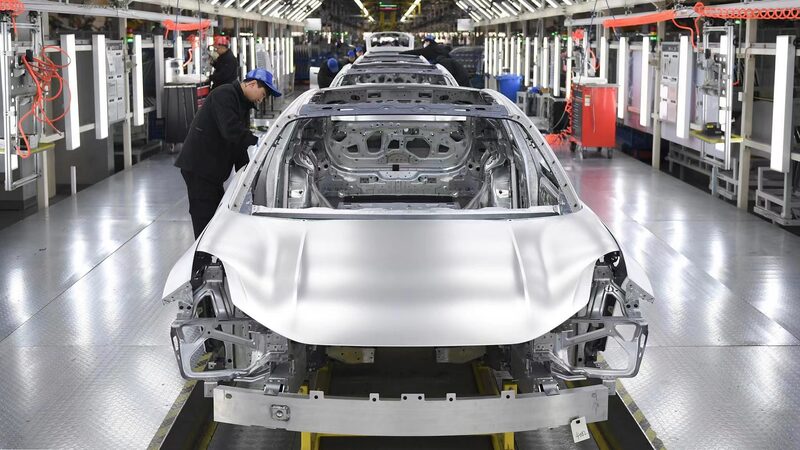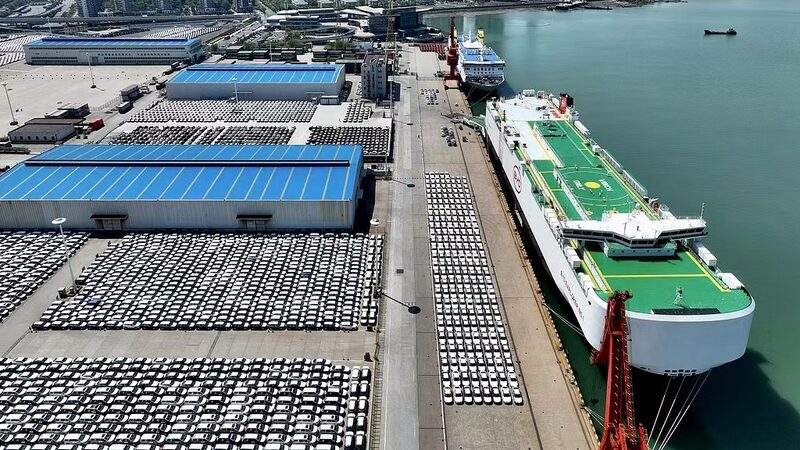The recent visit of EU foreign policy chief Josep Borrell to Beijing marks a pivotal moment in EU-China relations, especially amid escalating trade tensions. The European Commission’s decision on October 4 to launch an anti-subsidy probe into Chinese electric vehicles (EVs) has raised concerns about protectionism and its potential impact on global trade dynamics. China has expressed strong dissatisfaction with the EU’s move, emphasizing that it will firmly safeguard the rights and interests of Chinese companies. The probe is seen by Beijing as a protectionist measure that could disrupt the global automotive industry and supply chains, affecting both Chinese and European economies. During his visit, Borrell co-chaired the 12th EU-China Strategic Dialogue with Chinese Foreign Minister Wang Yi. The dialogue aimed to address bilateral relations and discuss pressing foreign and security policy issues. Analysts suggest that Borrell’s engagement could offer an opportunity to alleviate trade tensions and foster mutual understanding. “It’s crucial for the EU to consider China’s concerns seriously,” commented a Beijing-based trade expert. “Constructive dialogue can help both sides navigate the complexities of global trade without resorting to protectionist measures.” The EU’s probe into Chinese EVs comes at a time when global cooperation on green technology is paramount. China is a leading producer of electric vehicles, and its advancements in this sector contribute significantly to global efforts to combat climate change. Restrictive measures could hinder collaboration and slow down progress in sustainable technologies. “Chinese electric vehicles have gained popularity worldwide due to their innovation and environmental benefits,” said an industry analyst. “Any move that hampers this progress could have far-reaching consequences for global sustainability goals.” China maintains that its EV manufacturers have achieved success through competitive advantages rather than unfair subsidies. The Chinese market’s robust demand and the competitiveness of its EVs have propelled these companies onto the global stage. The EU, traditionally a proponent of free trade under the World Trade Organization (WTO) framework, faces criticism that the probe contradicts its commitment to open markets. There are concerns that such actions could lead to a tit-for-tat trade dispute, ultimately harming both economies. Borrell’s visit signals the EU’s willingness to engage with China despite ongoing challenges. It presents an opportunity to reinforce economic and trade relations while addressing legitimate concerns on both sides. Experts hope that through dialogue, the EU and China can find common ground and avoid escalating trade tensions. “Constructive engagement is the way forward,” emphasized a European policy advisor. “By working together, the EU and China can promote fair competition and contribute to global economic stability.”Addressing Trade Imbalances
Impact on Green Technology Collaboration
Call for Fair Competition
Looking Forward
Reference(s):
Josep Borrell's Beijing visit should address EU's protectionist move
cgtn.com
